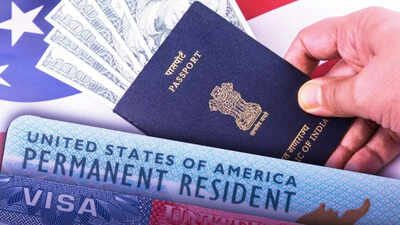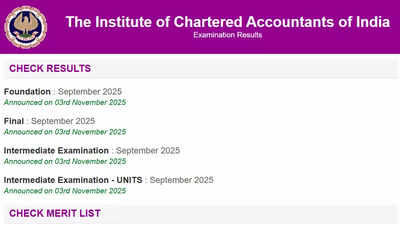US visa delays push international students to UK, Asia, and Middle East

Once revered as the global gold standard for higher education, the United States is facing an erosion of its academic influence. As immigration policies under President Donald Trump grow increasingly restrictive, international students, many already accepted by top US institutions, are being pushed to reconsider their American aspirations.From London to Hong Kong and Dubai to Singapore, universities worldwide are capitalizing on this shift. The world is watching, and more than ever, the American academic fortress looks less like a beacon and more like a barricade.
From destination to deterrent
The United States has long held unrivaled dominance as the number-one destination for ambitious students abroad. Yet today, that status is being dismantled not by academic competitors, but by political choices.The Trump administration has openly urged US universities to reduce their reliance on international students. The government has gone further., attempting to deport foreign students over pro-Palestinian activism, revoking legal status for thousands based on minor infractions, and instituting broad social media screenings for new visa applicants.As a result, some students are abandoning plans to study in the US altogether. In China, visa wait times are so protracted that many applicants have given up.
British campuses see an uptick amid US decline
While the US faces a projected 30–40% drop in new international enrollments, threatening to strip its economy of $7 billion in student spending according to US media reports, Britain is experiencing the opposite trend.Despite its own immigration tightening, the UK is gaining. Official figures show a 2.2% rise in international undergraduate applications this fall, with record surges from China and a 20-year high in applicants from the United States itself. Graduate acceptances are also up, particularly for business and management programs.
Asia rising: Staying closer to home gains favour
The pandemic may have started the trend, but it’s US immigration policy that has accelerated it. An increasing number of Chinese and Southeast Asian families are opting to send their children to closer, culturally familiar locations like Singapore, Hong Kong, and Malaysia.Hong Kong’s universities are responding swiftly. The Hong Kong University of Science and Technology has seen a 40% spike in international undergraduate applications. According to Alison Lloyd, associate provost, over 500 inquiries have come from students in the US, with around 200 formal transfer applications in progress, as reported by The Associated Press. The city’s chief executive, John Lee, has even issued an open invitation to those blocked from entering the US, offering expanded work rights for international students.
The UAE and Kazakhstan: Unexpected contenders
Nations that were once educational peripheries are now stepping into the global spotlight. The United Arab Emirates, particularly Dubai, has embraced the crisis as an opportunity. Hosting dozens of branch campuses from international institutions, Dubai saw a 33% jump in international students between 2024 and 2025.Kazakhstan is also rising on the academic radar. With universities like Illinois Tech and the University of Arizona operating satellite campuses, the Central Asian nation is quietly building itself into a regional education hub.
Cracks in confidence, and the global response
For many international students, the shift is not just logistical—it’s philosophical. Universities outside the U.S. are not merely passively benefiting—they’re mobilizing. British, Asian, and Middle Eastern institutions are investing heavily in global outreach, relaxed transfer pathways, and increased student support, while American schools remain entangled in political gridlock.
A turning point in global education
The US remains the dream, but it is no longer the default. In a moment when borders are tightening and politics intrude upon academia, the American higher education system finds itself in retreat. The cost is not merely fiscal, but reputational.As competitors rise and students reroute, the question lingers: Will America’s universities adapt before their global prestige is permanently eroded? For now, the answer may be playing out not in Boston or Berkeley, but in Birmingham, Dubai, and Hong Kong.





